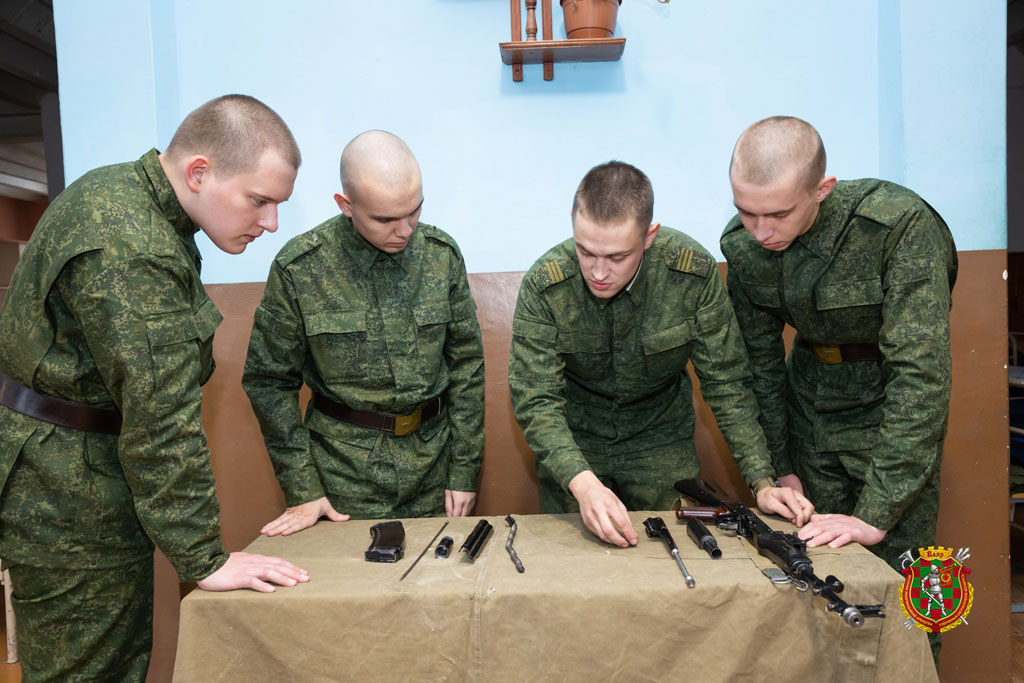Security forces continue purges as the regime aims to depoliticize society before the referendum
 The situation got worse
The situation got worse

The Lukashenka regime no longer aims to expand its social base through buying loyalty and increasing prosperity, it rather stakes on consolidating the security forces and the state apparatus. Amidst preparations for a referendum, the authorities retain high repression levels.
The regime aims to further tighten repressive legislation to narrow the ideological framework of dissent, limit criticism of the authorities and justify repression against supporters of change. A bill with amendments to the Law “On the genocide of the Belarusian people” has been submitted to the parliament. The terms used in the bill are vague, implying their arbitrary implementation. The bill’s primary aim appears to be to reduce criticism of the authorities by the population.
Sophia Sapega, a Russian national and Roman Protasevich’s girlfriend, faces six years in prison even though both allegedly cooperated with the security forces.
Security forces have stepped up pressure on supporters of change and potential protesters. Searches of activists homes were carried out in the capital and the regions (including among last year’s protesters, observers, activists of candidates’ headquarters).
Amidst politically motivated mass layoffs from state enterprises, the authorities have turned their eye to the unemployed. Working hours of commission for the “social parasites” have been announced for 2022. This means, that the previous unpopular soviet-style initiative to introduce additional taxation of “social parasites”, which prompted protests several years ago, is back on the implementation track.
Apparently, Lukashenka aims to start the referendum campaign in January 2022 during his annual address to the nation. The authorities aim to carry out the voting campaign as soon as possible while the society is demotivated and depoliticised.
Most likely, Lukashenka starts feeling the effects of polarised society. Excessive pressure from the security officials causes tension not only among supporters of changes but also prompts conflicts within the edifice of power and loyal business, further increasing imbalances in the state governance. For instance, the government’s counter-sanctions are causing discontent among part of the business community and the population, mainly those with middle and high incomes.
The authorities no longer promise welfare growth and prosperity to wider social groups and focus exclusively on security forces and those working within the state apparatus. Average pensions have dropped in Minsk. The Economy Ministry has emphasised that to achieve wage and pension growth, the Belarusian economy has to comply with several requirements in 2022. In the meantime, the incomes of the population are declining, Belarusians are selling more currency to banks than they are buying.
Amidst falling gold and foreign exchange reserves due to the repayment of foreign and domestic debt and the introduction of tougher sanctions, the government continues to seed economic optimism to maintain the loyalty of the security forces and the state apparatus. The fact that Belarusian exports continue to grow, helps the authorities to substantiate their claims.
Subscribe to our newsletter




Situation in Belarus
Constitutional referendum: main consequences


 Video
Video
How to count the political prisoners: are the new criteria needed?


 Video
Video
Paternalism In Decline, Belarusian Euroscepticism, And The Influence Of Russia


 Video
Video












